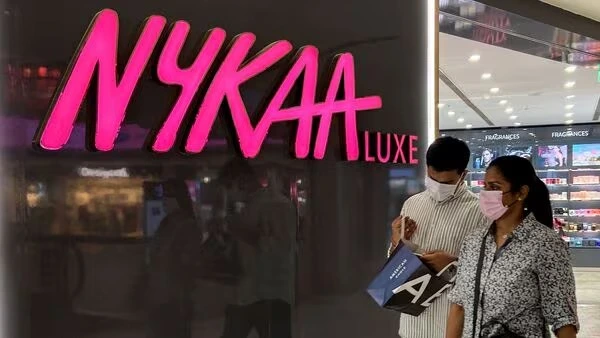Companies News Today Highlights – February 10, 2025: Nykaa to Strengthen Beauty Business for Growth
Stay updated with the latest corporate developments shaping industries and markets globally. Today’s key highlights include Nykaa’s strategic focus on expanding its beauty segment to enhance customer acquisition. The company plans to continue investing in its core beauty business to drive growth and strengthen its market position. This section provides in-depth insights into financial performances, mergers, acquisitions, and leadership changes impacting businesses across various sectors. Whether you’re an investor, business professional, or market enthusiast, our coverage brings you critical updates to help navigate the evolving economic landscape. From emerging startups to established market leaders, we deliver news that matters—helping you stay ahead in an ever-changing corporate world. Source: Business Standard










